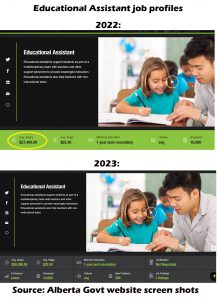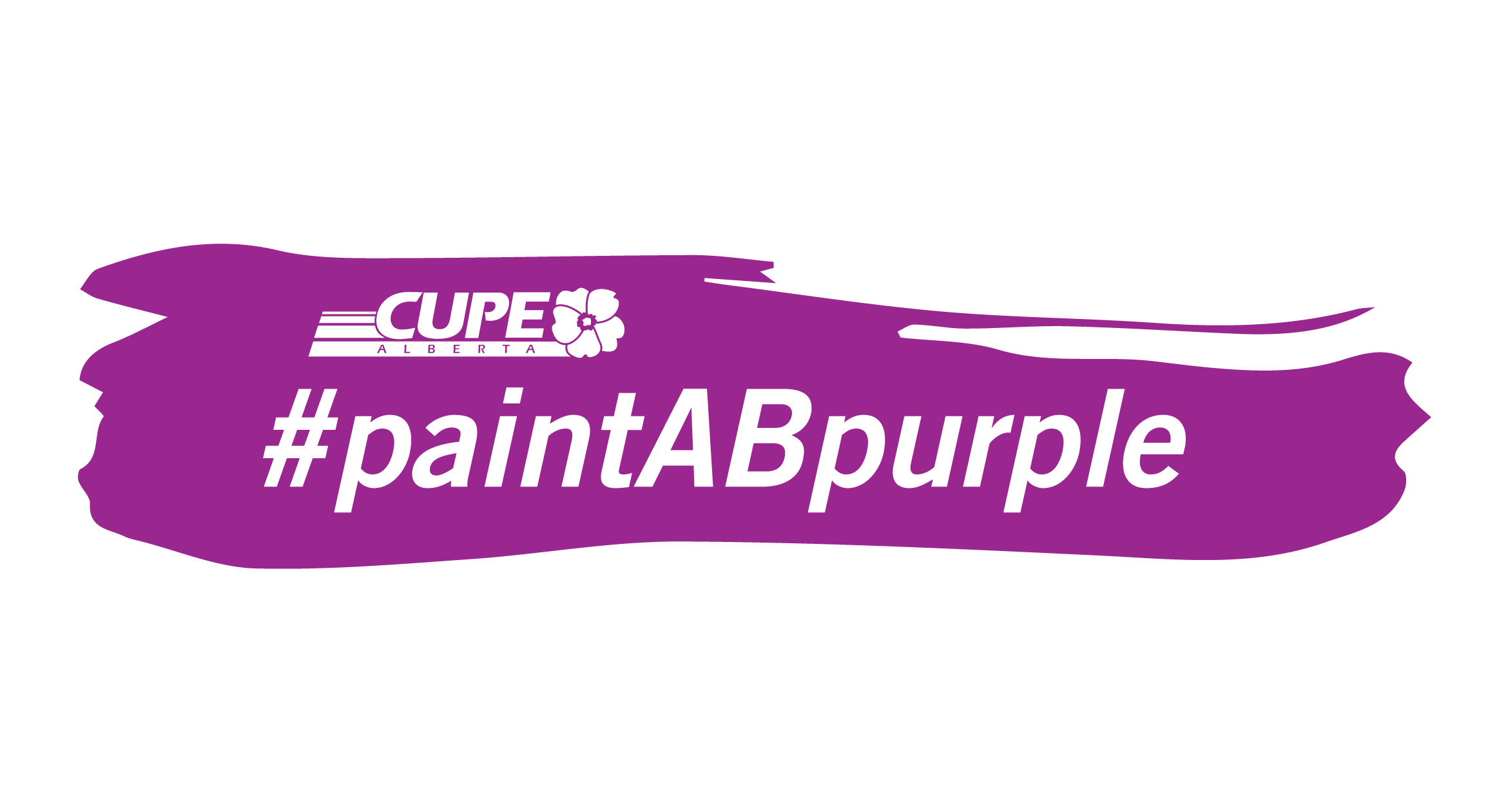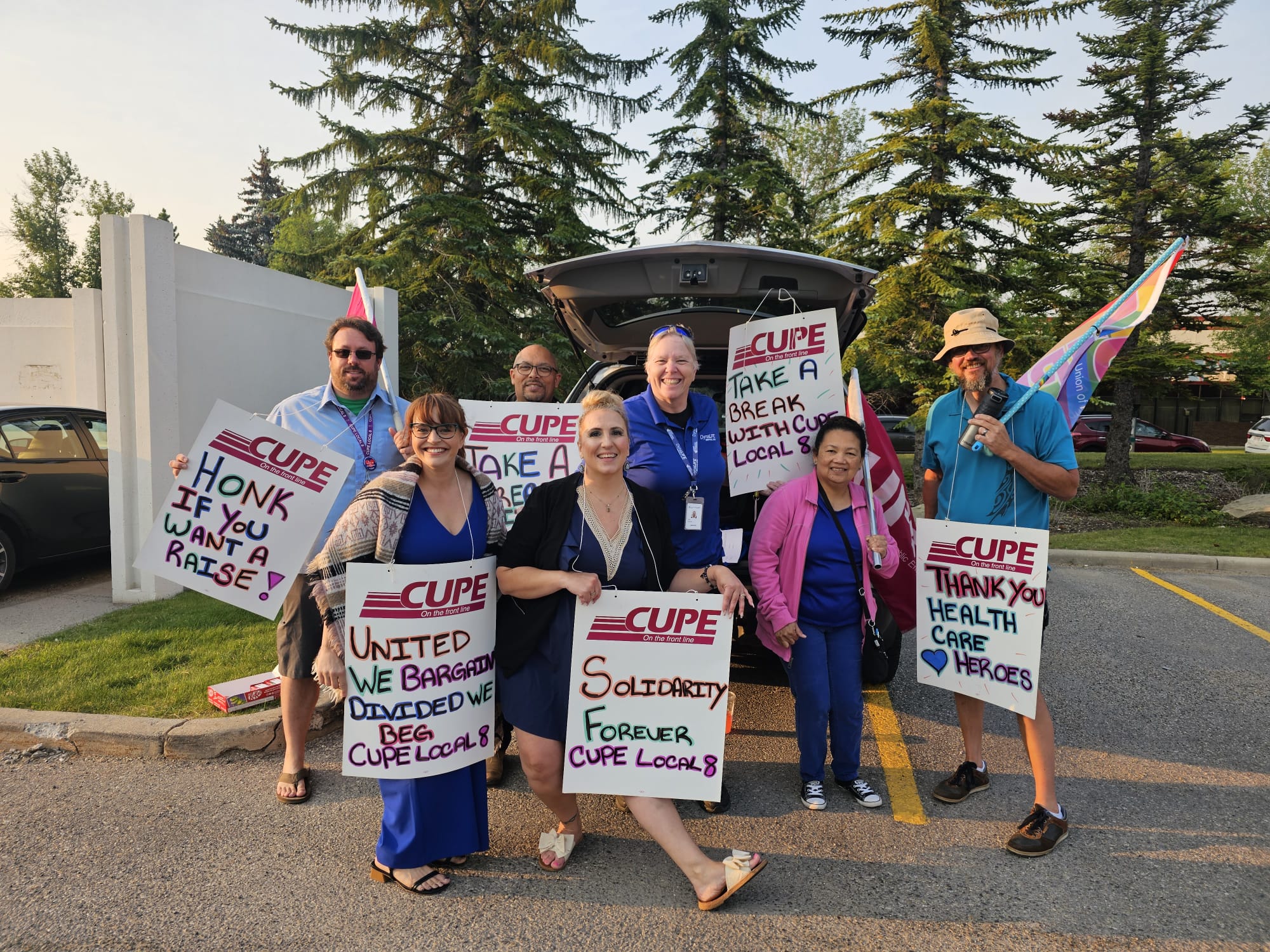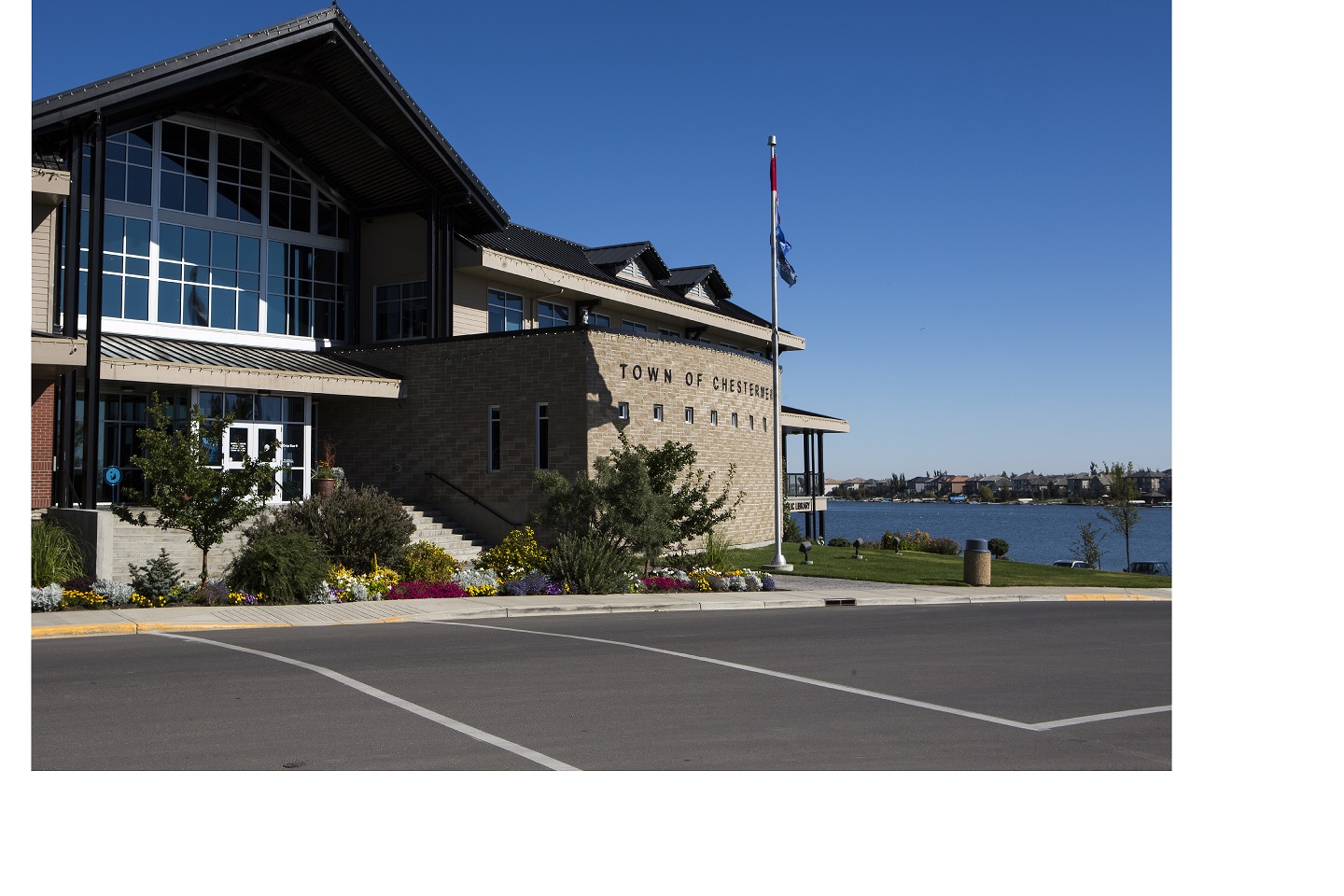
CHESTERMERE — The Canadian Union of Public Employees (CUPE) Local 37, which represents City of Chestermere employees, is hosting meet and greets for the community tomorrow and Friday, August 11. Elected leaders and staff of the union will be present to speak with the workers, community members, and local media about the importance of the services they provide, along with facts about the union.
“City of Chestermere employees voted last year to join the union to give them a voice in their workplace that will be heard and respected,” said CUPE Alberta Division President Rory Gill. “These are the workers you see clearing the snow and repairing the roads, collecting the garbage and recycling, keeping the city parks maintained, and enforcing community safety among many other city services. These workers are the union, and we are proud to represent them and support them.”
Meet and greet locations:
- City Hall (105 Marina Rd, Chestermere) at 7:30 a.m.
- Fire Station (156 E Chestermere Dr, Chestermere) at 7:00 a.m.
- Public Works (281107 Township Rd 243, Chestermere) at 7:00 a.m.


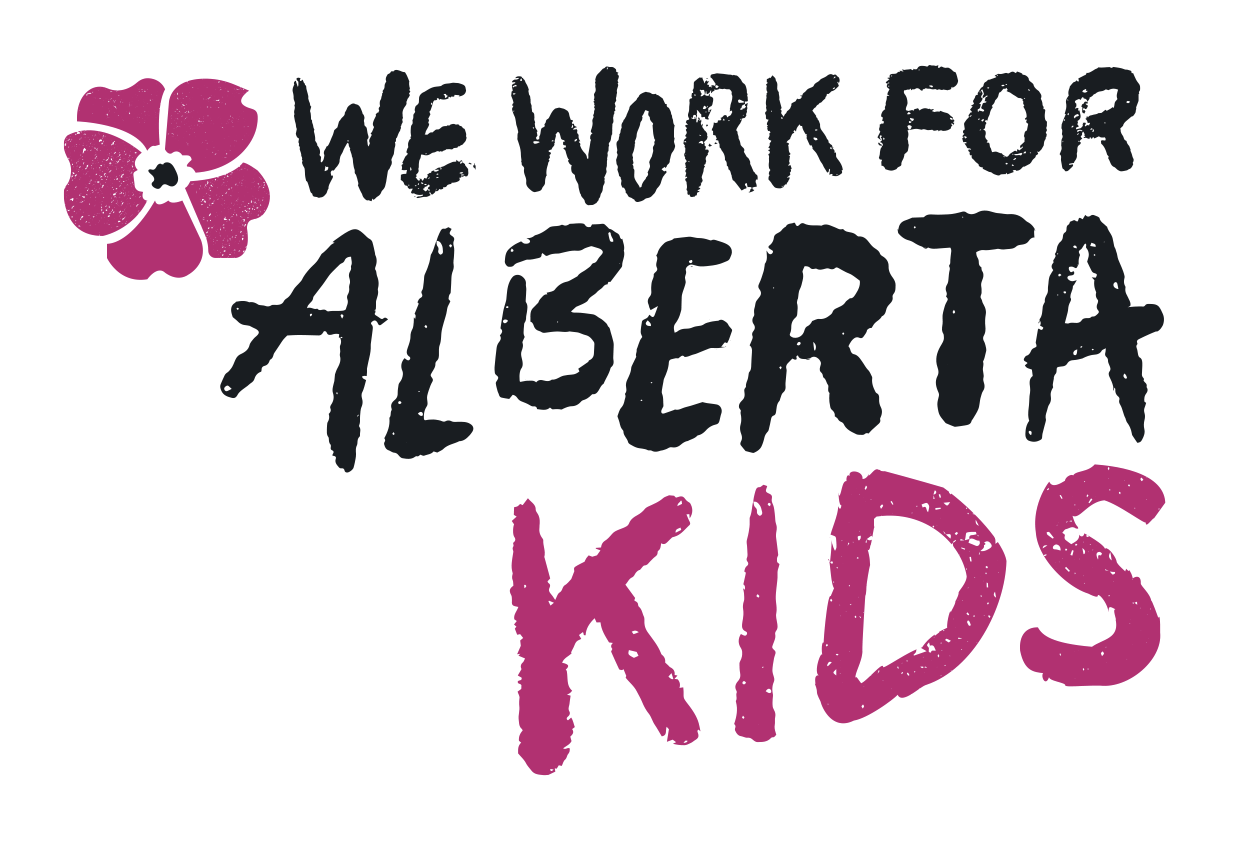

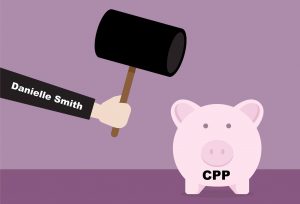 CALGARY – The Alberta government report supporting the idea of breaking up the Canada Pension Plan (CPP) is “another bad idea from a Premier known for bad ideas,” according to CUPE Alberta President Rory Gill.
CALGARY – The Alberta government report supporting the idea of breaking up the Canada Pension Plan (CPP) is “another bad idea from a Premier known for bad ideas,” according to CUPE Alberta President Rory Gill.